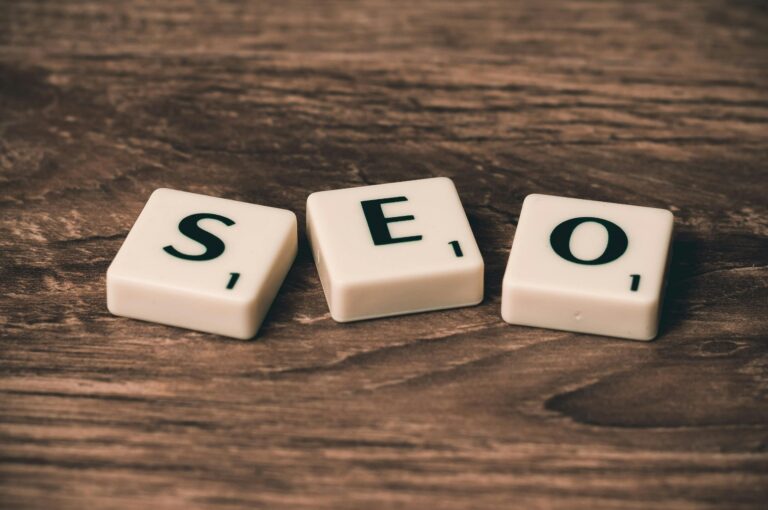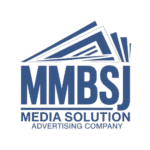On Page SEO: The Foundation of Search Engine Visibility

SEO on the page is one of the most important aspects of digital marketing and search engine optimization. Without a solid on-page strategy, even the strongest backlink profile or advertising campaign can be flat. In this blog, what is on page, why it matters, and how can you customize your website to rank your website high in the search results and give better user experience in the search results.
What Is On Page SEO?
On page refers to the process of customizing individual web pages to rank high rank and earn more relevant traffic than the search engine. It contains elements that you can directly control within your website – such as materials, titles, internal linking, URL structure, and more. Unlike off-page SEO, which is related to external signals like backlink, SEO on the page focuses on making your website clear, relevant and valuable for both users and search engines.
Why Is On Page SEO Important?
Search engines such as Google use complex algorithms to determine which pages to rank for any search query. The SEO on the page helps the search engine understand the content of your pages, assess their relevance, and to secure them properly. If your on-page elements are well optimized, you increase the chances of high ranking for your goal keywords, attract organic traffic, and improve your click-Through rate (CTR).
Key Elements
Here are some of the most important components of page SEO:
- Title tag : The title tag is one of the most influential on-places SEO elements. This search appears in engine results and should include your primary keywords. Keep it under 60 characters and make it a compelling to encourage clicks.
- Meta Description : Although not a direct ranking factor, the meta details affect CTR. They provide a brief summary of your page content and be relevant, attractive, and naturally include your keywords.
- Titles (H1, H2, H3, etc.) : Proper use of titles not only improves readability, but also helps the search engine understand the composition of your content. Always use single H1 tag per page and organize your subtopics with H2S and H3S.
- Url structure : Clean, descriptive URLs that include your goal keywords are easy for users to read and crawl to search engines. Avoid long, dynamic URL and choose for simple structures instead: www.example.com/on-page-eso-tips
- Keyword adaptation : Naturally include your focus keywords in your content – introduction, subheading and body. However, avoid keyword stuffing. The goal for a balance that the reader finds natural. For this blog, the word on page SEO is used exactly ten times to attack that balance.
- Internal linking : Connecting to other relevant pages within your website helps distribute the page authority and keeps users busy for a long time. It also helps the search engine crawler to understand the structure of your site.
- Image adaptation : Images must include descriptive file names and ALT texts that include relevant keywords. Compress images to improve load time without compromising quality
- Mobile-friendly : Google uses mobile-first sequencing, which means when it preference the mobile version of your site.
Best Practices for On Page
For your improvement on page SEO, follow these practical tips:
- Pay attention to the intentions of the user. Ask yourself: What is the explorer really looking at?
- To keep it fresh and relevant, update the old content regularly.
- Use Schima Markup to increase your snippets with rich results such as reviews, FAQs and more.
- Answer the general questions in a clear, brief format and adapt to the snippets especially.
- Always write for humans first, then the fine tune for the search engine.
Final Thoughts
Mastering on page SEO is not a once task-it is a continuous process that develops as the search engine algorithms and user behavior. By focusing on the elements that you can control and continuously apply the best practices, you will set your website for long -term success. Whether you are a blogger, a business owner or a digital marketer, investing time in customizing your pages can lead to high ranking, more traffic and eventually, more conversions. So step back one step, audit your current pages and start improving on page SEO today.
